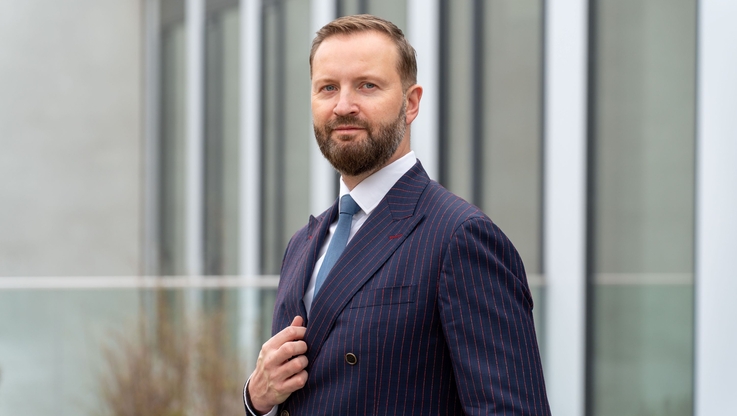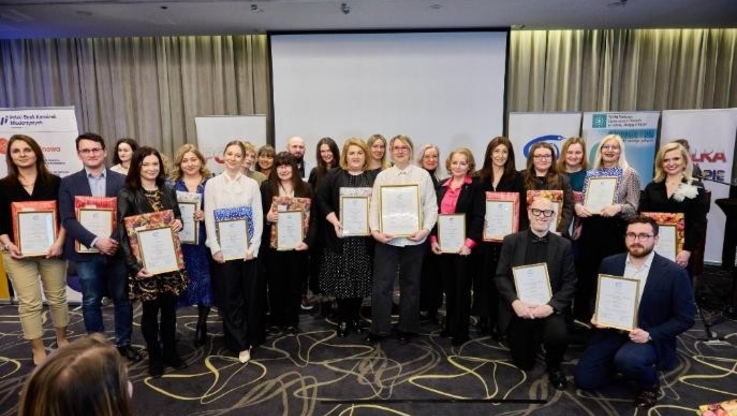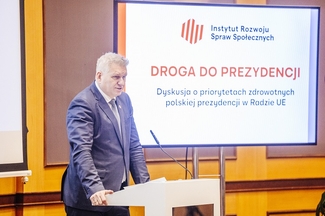Pobierz materiał i Publikuj za darmo
Klagenfurt - John Na Brown from Canada has never really had trouble with homesickness. He is happy travelling across Europe from university to university, although, he admits that it would be nice to carry just a little bag for a change.
Ekaterina Peshkova from Russia says that she has always been a curious mind. These days she carries out research on multi-UAV systems (Unmanned Aerial Vehicles) in Klagenfurt. What she likes most in the ICE program is to be able to work with people from different cultural backgrounds.
Coming from a well-educated family in Pakistan, Raheeb Muzaffar always wanted to study abroad; still, occasionally he feels homesick. "We all have to give up something to get something, right?" he says and laughs knowingly. In the future, he sees himself as a contributor to the global research community.
Chitra Hapsari Ayuningtyas from Java works in the area of pattern recognition. Her parents are artists, and she tries to combine her research with art and design.
Muhidul Islam Khan grew up in the metropolitan area of Bangladesh. Besides research, he loves writing. He hopes to be able to combine his two favorite activities in the future. Although small towns like Klagenfurt are strange to him he says: "My daughter was born in Klagenfurt - it has become our second home. A very nice place to work and live."
ICE - Interactive and Cognitive Environments
The European doctoral school Interactive and Cognitive Environments (ICE) offers candidates a 3-year scholarship to do research and attain a doctoral degree in the field of Information and Communication Technology
Studies are carried out in two of the undermentioned universities:
- University of Genoa, Italy
- Queen Mary University of London, Great Britain
- Universitat Politecnica de Catalunya, Spain
- Technische Universiteit Eindhoven, Netherlands
- Alpen-Adria-Universität Klagenfurt, Austria
In cooperation with the Carinthian Economic Promotion Fund (KWF), Lakeside Labs boosted this program by offering funding for four more scholarships.
John Na Brown and Alexander Gogolev have now been the first ones to graduate in Klagenfurt. Six more will follow soon. Numerous publications in journals and at international conferences support this assumption.
Lakeside Labs is a hub for science and innovation in information and communication technology, focusing on self-organizing networked systems.
Self-Organizing Networked Systems
Flocks of birds, shoals of fish, colonies of ants and various types of vegetation - nature knows how to combine simple small components to large systems with amazing capabilities. In contrast to technical systems, natural systems are distributed and self-organizing. Lakeside Labs aims to integrate the concept of self-organization into technical systems. This requires new approaches for the design and operation of networked systems. Approaches exploiting the concept of self-organization as known from nature - involving self-configuration, self-optimization, self-healing, and other self- properties - hold the promise of a paradigm shift for the design and the evolution of ICT systems and may help to master complexity challenges. The research activities at Lakeside Labs focus on solutions for self-organization in networked systems with application domains that promise to have high impact on society, e.g. the Internet of Things or Cyber-Physical Systems.
Cross reference: Picture is available at epa european pressphoto agency (http://www.epa.eu) and http://www.presseportal.de/pm/105483/
Contact:
Christian Philipp | Science Communication
tel. +43 463 28704422
e-mail: philipp@lakeside-labs.com
tel. +43 676 646 3572
Related links:
www.lakeside-labs.com
www.AAU.at
www.icephd.org
Pobierz materiał i Publikuj za darmo
bezpośredni link do materiału
| Data publikacji | 22.12.2014, 10:58 |
| Źródło informacji | APA-OTS |
| Zastrzeżenie | Za materiał opublikowany w serwisie PAP MediaRoom odpowiedzialność ponosi – z zastrzeżeniem postanowień art. 42 ust. 2 ustawy prawo prasowe – jego nadawca, wskazany każdorazowo jako „źródło informacji”. Informacje podpisane źródłem „PAP MediaRoom” są opracowywane przez dziennikarzy PAP we współpracy z firmami lub instytucjami – w ramach umów na obsługę medialną. Wszystkie materiały opublikowane w serwisie PAP MediaRoom mogą być bezpłatnie wykorzystywane przez media. |





